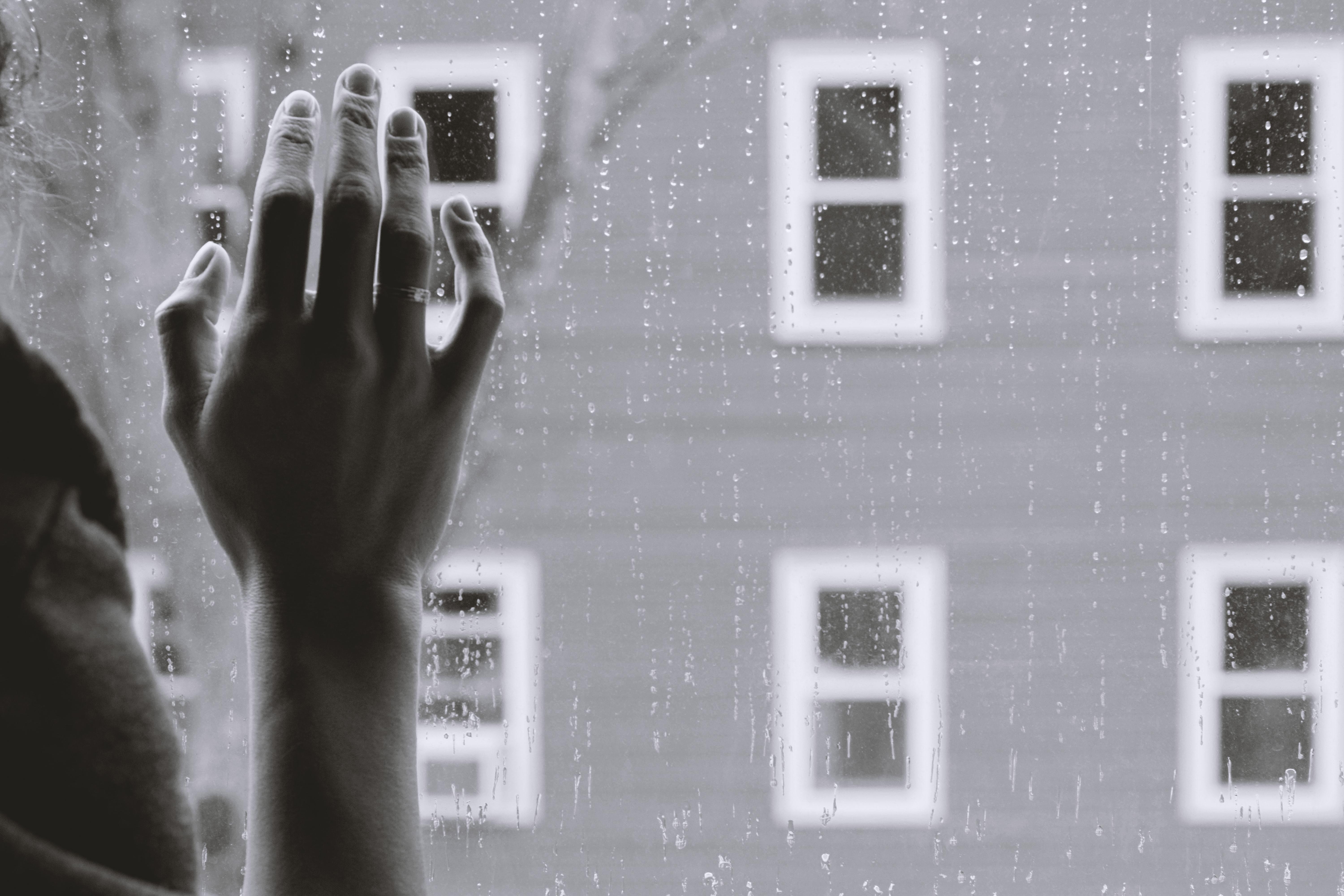
We’ve all heard the petrifying stories of the holocaust and the numerous tales of other cataclysmic events. We have even prayed for the affected families and the souls of the departed. But we hadn’t predicted that doomsday would hit home and cause never seen before destruction. In the world’s second-most populous country, the second wave of Covid-19 wreaked havoc in a way that few families were left untouched.
In April and May, the pandemic was at its peak in India. If you but opened your balcony door, you’d have heard the non-stop blaring sound of the ambulance. Roads outside hospitals were jampacked with ambulances. WhatsApp groups, status messages, Facebook and Twitter timelines were all filled with requests for oxygen cylinders, blood plasma donors, hospital beds, Remdesivir injections, and more. At the end of every single day, we thanked God for keeping our families safe.
Then, one-by-one some very close relatives got affected. A few of them were hospitalized as home treatment became ineffective. From hospital contacts to funds to synchronized prayer sessions, we organized whatever we could. And yet, we couldn’t save some of them. This happened with a large number of families I personally interacted with, including my own — I lost two of my uncles.
The sudden loss left most of us embittered — Loved ones gone too soon or just too suddenly to provide any form of closure.
Losing a loved one is never easy even when there is a substantial reason for the loss. The pandemic, however, took away people who were laughing, having fun over a cuppa, exchanging conversations, singing on music apps just a few days before they bid adieu to this world. The shock was/is unprecedented.
I still see my friends who lost their parents or other loved ones sharing pictures and stories that tell their grief. I can sympathize, maybe even empathize with them, but they have to bear the loss themselves. When I lost my mother a little over a decade ago, I was in a similar state of vacuum. The most well-meaning people couldn’t fill the space my mom’s loss had created.
That vacuum still exists and no one can ever fill it.
But, in the past decade and more, I have learned to live on my own or at least to live without my mom. It is no rocket science and yes, time does heal. But here are a few things that were immensely helpful:
- Engage yourself: Empty mind is the devil’s workshop and this is true even for grief. If nothing else fills your mind, grief will. So, find yourself activities that fill your mind space and distract you from the grief. Ensure that you have a physically and mentally full day so that sleep is a natural consequence.
- Connect with nature: Our elders routinely sat in the backyard, felt the breeze on their skin, and watched birds go home in the evening. Somewhere in the fast-paced lifestyle of today, we have lost this connection with nature. But when dealing with grief, nature is by far the best healer!
- Hone a skill: Or develop a hobby. Most of us are working professionals and work leaves us little time for ourselves. But, in grief, even a little time alone can be torturous (unless you meditate- read on for that). Everyone has a hidden talent that got neglected in the race for survival. Find it. Then, practise!
- Meet people: The ones who really care. There may be few of this variety but meeting people, even online, can help greatly. Man is a social animal and it is in society that one thrives. The burden of grief can be mitigated by social contact.
- Start journaling: No, this is not about writing as a skill. This is about writing as a cathartic process. It helps you purge your system. This is especially helpful because there are things you may have wanted closure on. You will perhaps never get that closure. But writing things down can take you close.
- Make a new confidante: This is perhaps one of the most difficult things to do. Some of us may have lost our parent(s), sibling or spouse – the people we confided in most. To make a new confidante is not easy, but it may be essential. From your close circle of people, find that one person.
- Meditate: “I can’t meditate because I can’t concentrate.” The commonest quip you’ve ever heard about meditation. The problem: meditation is not about concentrating. Meditation is the art of letting go. For people who are grieving, meditation can be a panacea. But it comes with a caveat. Meditation must always be done as a guided practice. There are several guided meditations available. Pranic Healing, Shiva Yoga, Isha Yoga, Yogoda Satsang Society, Brahmakumaris, Rene Mey meditations are some of the places you could look at.
There is no one size fits all and you could have your own coping mechanisms. If there is something that has worked for you, please share it with us in the comment box.

